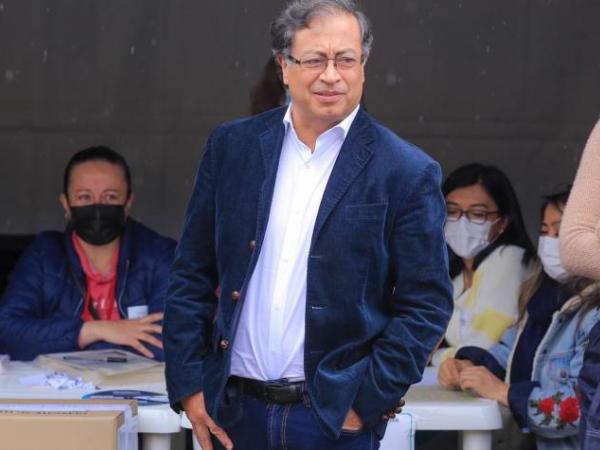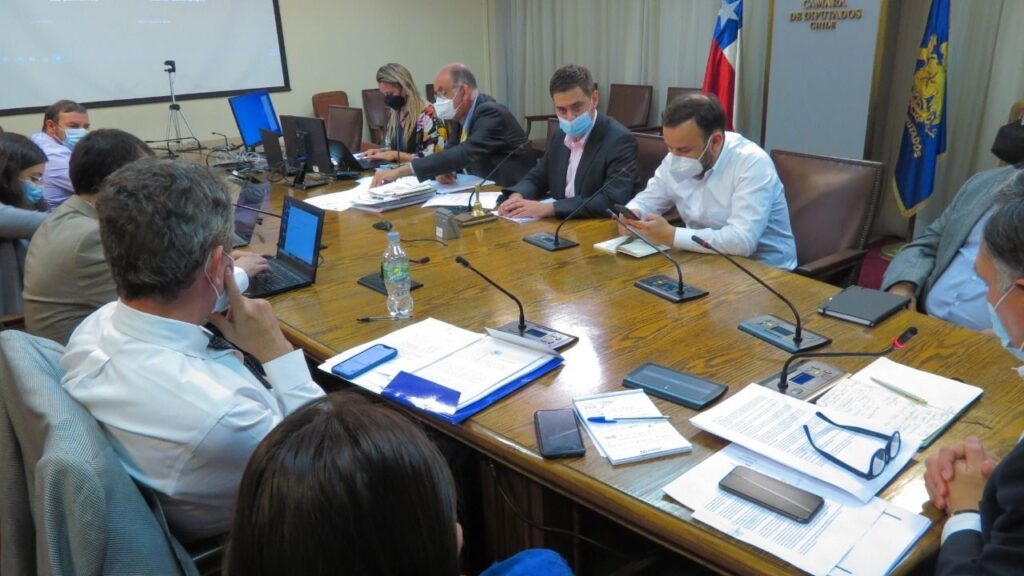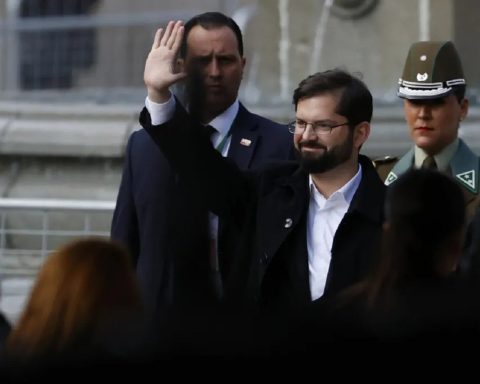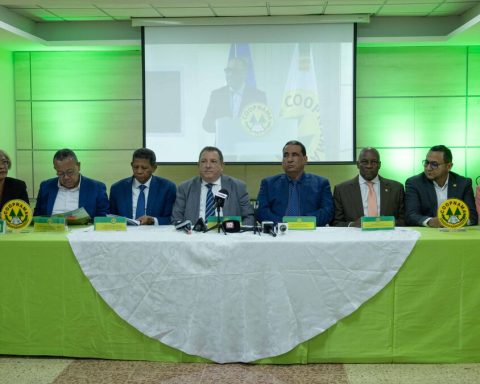“A productive economy that generates wealth based on work and the protection of the common home”, this is one of the premises of the government program with which Gustavo Petro, together with Francia Márquez as his vice president, hopes to reach the Casa de Nariño between 2022 and 2026.
(Read: What Petro and Hernández need to win the second round).
Its strategy, as indicated in its document, advocates a “program for change, built from the territories and the voices of its people, is conceived as the beginning of a transition.”
Petro proposes that, in order to achieve the economic transformation that Colombia “needs”, it must go from a extractivist economy to a productive economy. In this sense, his position on oil and other extractive industries is one of the central bases of his strategy. Its purpose is a gradual de-escalation of the model highly dependent on oil and coal.
“In our government, the exploration and exploitation of Unconventional Deposits will be prohibited, pilot fracking projects and the development of offshore deposits will be stopped. No new licenses for hydrocarbon exploration will be granted, nor will large-scale open-pit mining be allowed. We will respect the democratic decisions of the popular consultations”, assures the candidate in his program.
To replace it, agriculture is one of its formulas. Among the plans is to promote the development of agroforestry, silvopastoral systems, and also for nature tourism, under the leadership of community organizations.
Within the economic country model that Gustavo Petro dreams of, “food sovereignty” is another of its fundamentals, and there he suggests the implementation of tariffs “intelligent” ones that facilitate production, applied both to goods and to agri-food and agro-industrial inputs.
The candidate defends that the country should stop importing tons of food and supplies that Colombia can produce and proposes an agricultural and agro-industrial economy.
In relation to the industry, the articulation of productivity pacts between private companies, sectors of the popular economy, civil society and the State is another of the ideas proposed by Petro, as well as the development of added value chains.
Among the sectors that it proposes to promote is the cannabis industry, medicine, textiles and food; its other strategy seeks to strengthen a fishing and tourism industry “protective of nature and with a high participation of the popular economy.” In addition, it proposes a digital industry policy, so that sectors are digitalized across the board.
And to promote small and medium-sized companies, it proposes a policy of public purchases as a state instrument to help producer organizations, and a model in which the State prioritizes the increase in the capacity of small and medium-sized companies, the main generators of employment in the country. , through credit access programs with low interest rates or forgivable interest.
employment and social programs
Another great pillar of Colombia that the candidate for the Historic Pact promises is its guaranteed employment program. The central proposal is that the State act as the employer of last resort, and offer employment to those who can and want to workbut do not find how to do it in the private sector.
So he proposes to create a program that would provide basic salary job for those who cannot find work. “It will not be an emergency program or a substitute for private employment, but a permanent complement to private sector employment,” clarifies the candidate’s program plan.
Other strategies to create employment include the State contracting works with a local impact; record in the national accounts care work and encourage inclusion women in public employment programs, as well as the promotion of youth employment, including internships and social service as professional experience.
According to Petro, his guaranteed employment policy “will be the basis of a new alternative social contract to the approach of unemployment subsidies and labor flexibility.”
(Keep reading: Vichada, the department that Hernández did not know, but in which he won).
Hand in hand with the guarantee for employment, it seeks to facilitate a strategy to help people with fewer economic conditions and facilities. One of the bases of his campaign is a bonus for the older adult population, consisting of a $500,000 monthly subsidy for all older adults without a pension and a preventive health model.
To strengthen coverage in higher education, it hopes to reach a level of access above 80%, with an investment of $28 billion for the four-year period. And added to this, he hopes to comply with the agreements of the 2018 student movement.
The recognition of women is another of its pillars, Petro proposes a transfer $500,000 monthly for women Head of household with small children and in poverty.
“We will create the National Care System to recognize, reduce and redistribute care work mainly for women and the Ministry of Equality to move towards a society without gaps between men and women”, indicates the candidate in his government plan.
BRIEFCASE


















